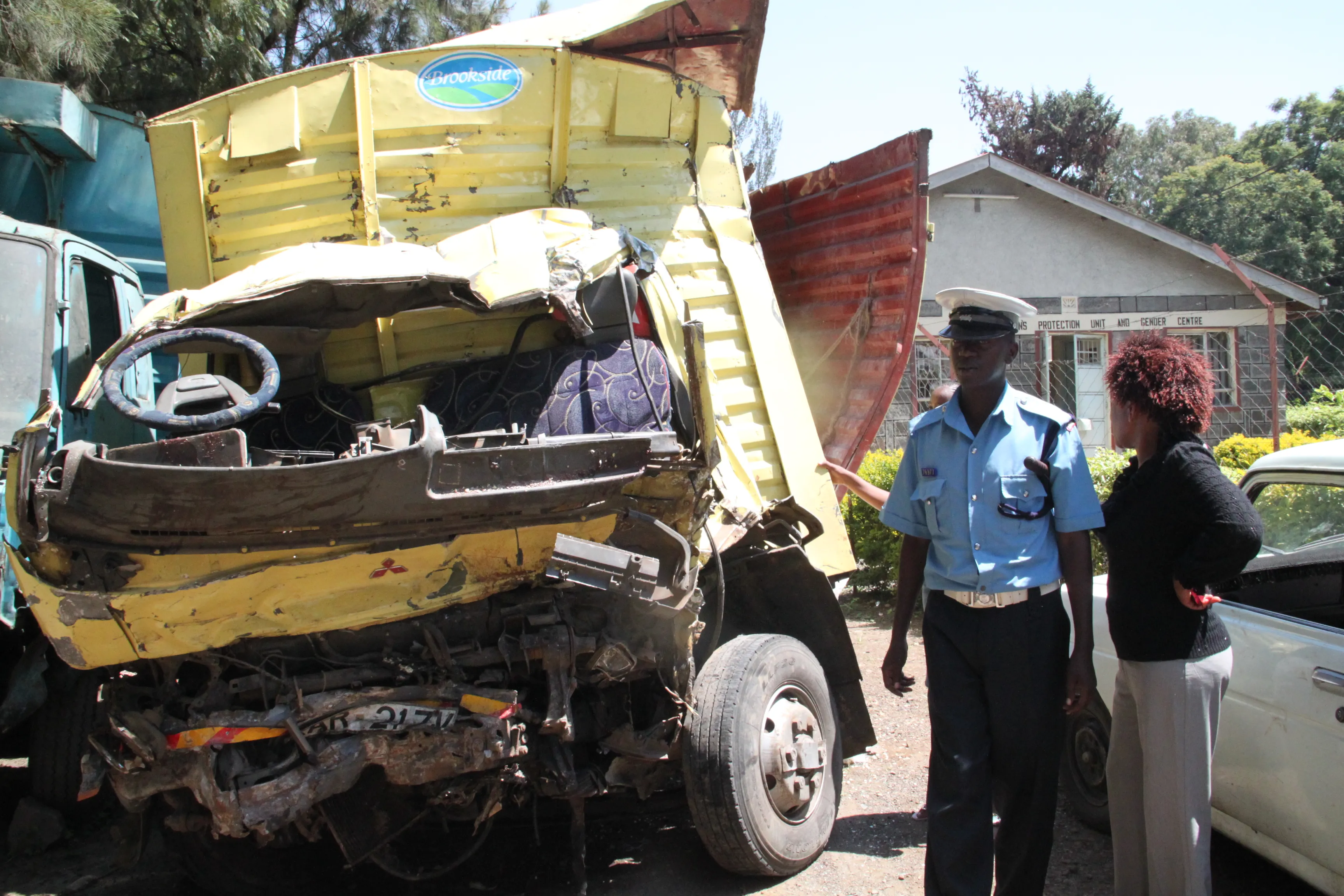A new road safety plan for the UK has been announced. This includes a major package of measures to reduce the number of people killed and injured on roads.
The action plan is designed to improve safety for people at every stage of life – from infants in car seats to those with years of driving experience. It includes increased penalties for failing to wear a seatbelt one of 74 measures being considered.
Failure to wear a seatbelt could result in penalty points as well as fines, under new plans to reduce the number of deaths on the UK’s roads.
Increasing penalties for those who do not strap themselves in is being considered as one of the 74 actions to improve road safety are being published by the
In 2017, 27% of car deaths involved people that were not wearing a seatbelt – meaning one in four car deaths could have been prevented by belting up.
Transport Secretary Chris Grayling said: “The UK has some of the safest roads in the world, but we are not complacent and continue to look at how we can make them safer. Today’s action plan is a key milestone in our road safety work and sets out the important steps we are taking to reduce the number of people killed or seriously injured on our roads.”
The Department for Transport is also considering the report from the Parliamentary Advisory Council for Transport Safety (
Road Safety Minister Michael Ellis said: “Far too many people are not wearing a seatbelt while traveling in a car, needlessly putting their lives at risk. Increasing penalties for people who disregard the simplest of way of protecting themselves is just one of a long list of actions this government is taking to help keep people safe on our roads.”
A Rural Road Users Advisory Panel will also be set up to explore how to boost road safety in rural areas, particularly improving roads and traffic signs, and issues around speed limits and enforcement.
The government is also investigating whether alcolocks – devices which measure the alcohol in a driver’s breath and stop a vehicle from starting if that level is too high – can reduce drink-driving reoffending as part of rehabilitation programmes in the UK. PACTS has been given £50,000 to review drink driving trends and interventions, which will be completed early next year.
There will also be a greater focus on roads policing with a two-year project with the Home Office and National Police Chiefs’ Council. This will identify best practice and gaps in services to see how policing can be improved.
For older drivers, RoadSafe has been given £50,000 to deliver a digital platform to share best practice to reduce road safety risks.
The action plan builds on a number of projects in the Road Safety Statement, published in 2015, which saw increased enforcement for drug driving, and doubling penalties for using a handheld mobile phone at the wheel.
In other road safety measures, the government is currently consulting on banning tyres aged 10 years and older from buses, coaches, minibuses and lorries. If proposals are supported, new laws could be introduced later this year, ready to come into force early 2020.
A Road Collision Investigation project, with the
UK road safety plan announced
A new road safety plan for the UK has been announced. This includes a major package of measures to reduce the number of people killed and injured on roads.
The action plan is designed to improve safety for people at every stage of life – from infants in car seats to those with years of driving experience. It includes increased penalties for failing to wear a seatbelt one of 74 measures being considered.
Failure to wear a seatbelt could result in penalty points as well as fines, under new plans t
July 18, 2019
Read time: 4 mins








